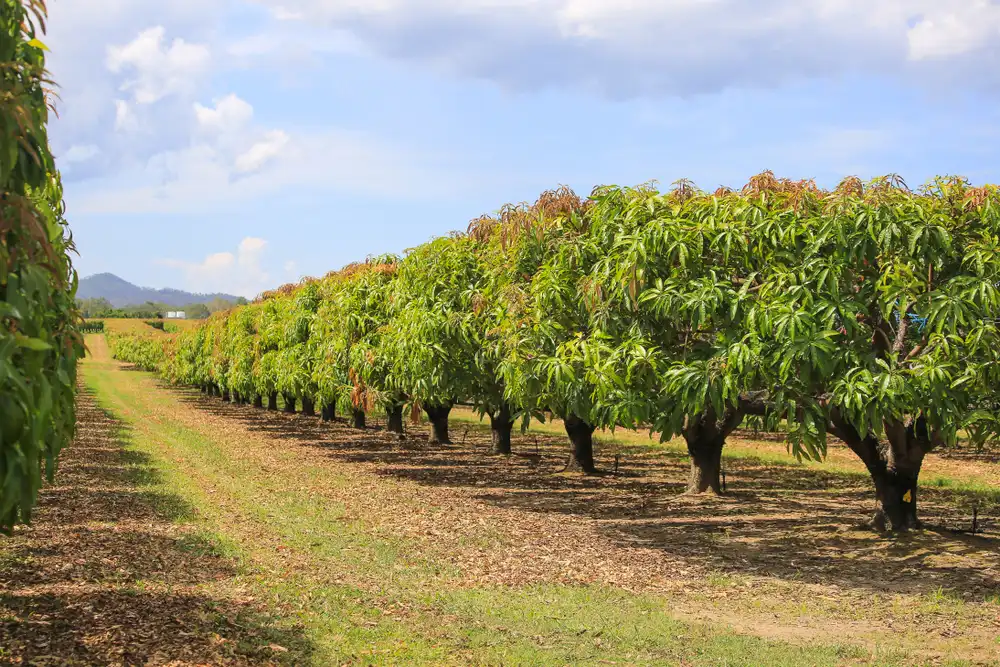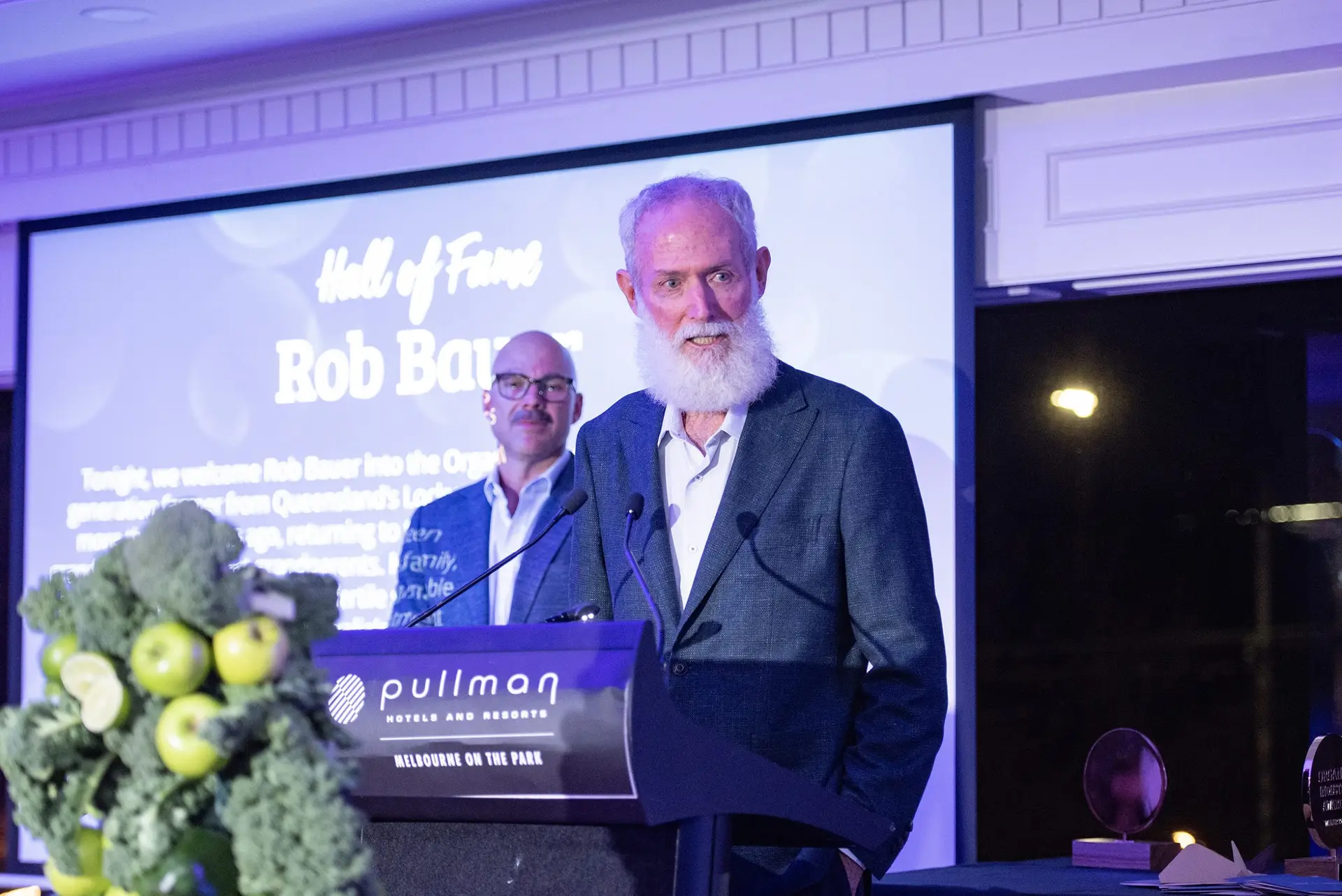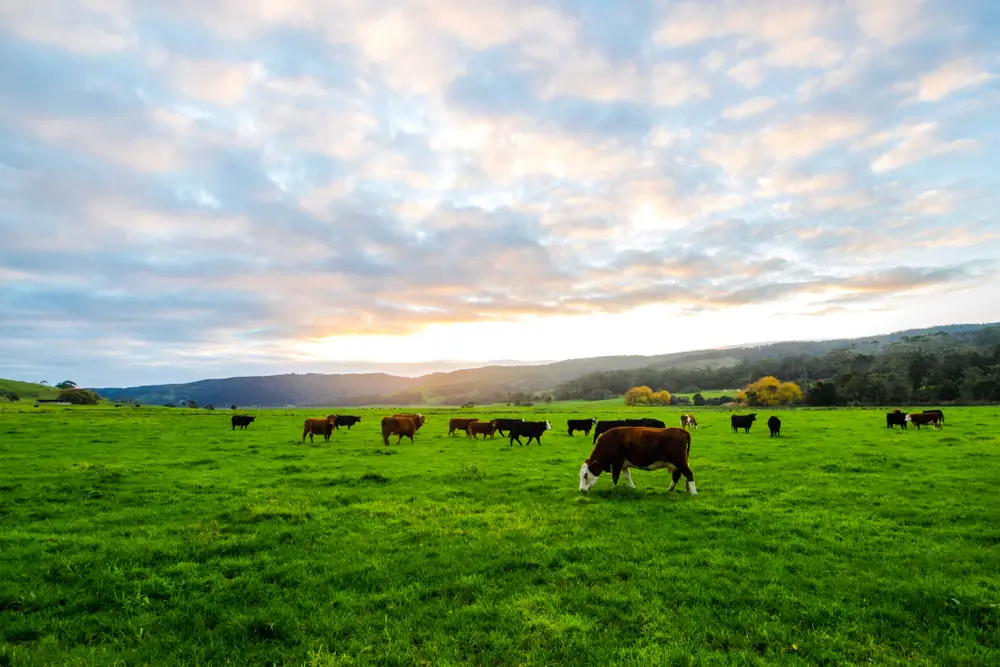Leading voices from Australia’s certified organic industry have appeared before a federal parliamentary inquiry into agricultural exports with simple changes that could seize the opportunities represented by a rising Southeast Asia middle class increasingly seeking out premium-quality food.
Jackie Brian, Chief Executive Officer for peak industry body Australian Organic Limited (AOL), was joined by AOL Operations and Technical Manager, Josefine Pettersson, and the CEO of The Organic Milk Company, Ryan Reynolds, at the public hearings of the Parliamentary Inquiry into Australian agriculture in Southeast Asian Markets.
Ms Brian told the committee members Australia’s organic industry was well placed to supply Southeast Asia’s growing middle class, but current regulations were holding producers back.
“Australia currently has 53 million hectares of certified organic farmland, which is 12.5% of all agricultural land in Australia and about 60% of all organic land worldwide,” Ms Brian said.
“Some of our Australian operators already have a presence in Southeast Asia, specifically in Singapore and Malaysia. However, despite the land advantages we have, our market share globally is just one per cent.”
Ms Brian said the most pressing issue was the lack of federal government regulation over the word “organic” for domestic sales. Organic producers can seek private certification, such as the Bud logo, for domestic sales and must adhere to the regulated export standard to send products overseas, but some countries do not recognise either scheme in the absence of domestic regulation.
For The Organic Milk Company, it required attempting the costly, time-consuming and highly complex task of achieving certification in an overseas jurisdiction.
“We spent almost two-and-a-half years trying to get all our suppliers, all 35 farmers, and factories certified to the Korean standard only to uncover that there wasn’t an opportunity to be able to do that because of some of the barriers regarding inputs that we couldn’t get through,” Mr Reynolds told the committee.
“It’s a real challenge for industry and particularly in my industry, dairy.”
Ms Brian told the inquiry Australia was now the only OECD country without a legislated definition of the word “organic” for domestic sale.
“New Zealand was the second last and they just announced a domestic regulatory framework, and they made that decision on the basis purely of the export opportunity to the US, let alone other export market opportunities,” Ms Brian said.
Ms Pettersson said the difference between the OECD rules and current Australian law was stark.
“For a product to be organic under OECD requirements it needs to be certified and under certified organic requirements, 95% or more of your product needs to be comprised of certified organic ingredients, with additional requirements on additional ingredients,” Ms Pettersson said.
“Under the Australian Competition and Consumer Commission at this stage there are two definitions for organic – one for certified organic, in line with OECD expectations, and one for organic, where just two per cent of the product can have organic ingredients but you can still have an unsubstantiated organic claim.”
“This is not in line with global standards, and it is leading to larger consumer mistrust of organic products.
“The only way that an Australian consumer can be afforded the luxury to know that the premium they’re paying is for a certified organic product is to look for a certification mark or the Bud logo.”
In its submission to the inquiry, AOL has proposed a five-point plan that would help boost exports to Southeast Asia and increase the certified organic industry’s $2.6b contribution to the Australian economy.
The plan recommends:
- A domestic organic standard to encourage equivalency arrangements in overseas markets
- A dedicated point of contact officer for Asian markets who understands the opportunities and requirements for the organic industry
- Grant programs for organic producers to help access Southeast Asian markets
- Funding to improve resources for organic producers
- Improvement to the Manual of Importing Country Requirements (MICOR) and AUSTRADE websites to provide specific information for organic producers.
AOL’s full submission can be accessed via the website of the Inquiry into Australian agriculture in Southeast Asian Markets here.





